Foreword
It is now almost twenty years since I sat on the jury for Next Generation Poets, the decennial poetry promotion whereby 20 poets, who have published a first collection in the preceding 10 years, are selected as the most promising of their generation. It was 2004, and I discovered that out of some 120 books submitted, none were by poets of colour. I called in the five books I knew to be eligible, in spite of resistance from the organisers who didn’t understand why this was an issue. I knew it was a major issue because publishers simply weren’t publishing new poets of colour and nobody seemed to notice, or if they did, they didn’t care. In the end, only one poet of colour made the list. Fired up to do something about this, I initiated the Free Verse report followed by The Complete Works mentoring scheme for poets of colour. Directed by Dr Nathalie Teitler, it ran successfully for ten years due to her exemplary commitment and solicitude in curating a wide-ranging programme for the 30 talented poets selected for it. Nathalie writes more fully about these projects in her stirring introduction.
I often explain the origins of this scheme, because this is how change happens. An individual, a collective, a community decide to improve a situation that adversely affects them or others. Through protest, setting up schemes, or lobbying, they aim to yield positive results. Change does not arise out of apathy, or when we feel immobilised by despair or pessimism, or when we all passively hope that others will take the lead, or when we adopt a laissez-faire approach, believing that society’s inequalities will self-correct without our intervention. Change happens because we actively work towards it as an objective.
Today, I am so proud to see the writings of all 30 mentored poets filling the pages of this landmark anthology; and heartened to see that many more British poets of colour have emerged in recent times into a more receptive publishing climate than ever before. We’re not there yet, but the developments thus far have been enormous and impactful. The projects, the lobbying, the speaking out, seems to be paying off – for now. The cumulative achievements of so many of The Complete Works poets sends messages to new writers that a career in poetry can also be for them. There are no longer a few black and Asian poets carving outr careers, often seen as examples of exceptionalism, but we now have scores of poets employing the widest range of poetic styles and sensibilities, and operating at every level of the literature sector.
Furthermore, I am increasingly impressed with the quality of the poetry being published today, as well as the intellectual interrogation of ideas around poetry in the essay format. This is demonstrated so admirably in Mapping the Future, framed by Karen McCarthy’s Woolf’s brilliant and incisive preface. When I cast my mind back to the early eighties when I first began to write poetry, there really was very little available to us wannabe black and Asian British poets – no books, no support network, no guidance.
Creative writing pedagogy in the UK was in its nascent stages forty years ago, only one university taught it as a subject, and as the poetry establishment was overwhelmingly white, we we didn’t have access to it and there was no interest in including us. We really were worlds apart. The performance poetry scene was more accommodating to spoken word poets, typically with their origins in the Caribbean. The idea of mentorships was decades away and books on the craft of poetry tended to be either academic or proscriptive, traditional and alienating, certainly to someone such as myself.
Today’s poets have structured schemes, workshops and courses available to them, and they can be inspired by the many poetry collections out there from previously overlooked communities. It is the ripple effect out to those for whom aspiration solidifies into ambition when they see that sustaining a career as a black or Asian poet feels attainable. And I am so impressed with how today’s new voices confidently handle poetic forms with dexterity and negotiate the slippery semantics and possibilities of language. The level of sophistication, even in debut collections, often astounds me.
The advances that have been made since 2004, especially in the past five years alone, are noteworthy, but I am not so naive as to think that the march onwards will be free of setbacks, of formidable foes. We must never be complacent about social progress. History is a great teacher, if we know and understand it. Many of us are reminded of the rise of fascism in 1930s Europe. We cannot ignore the warnings inherent in the current geopolitical climate, such as the surge to the right, the mass brainwashing by demagogues and some of the media, the revocation of human rights, and a truly 21st-century phenomenon, the negative (as opposed to the positive) capabilities of Al to infect our lives, our societies, to distort the truth with fake everything, and even to write poems, essays, reviews, novels, plays.
As this anthology demonstrates so pertinently, poets of colour are free to write about anything they want. It’s a sign of real progress, real equality. Anyone trying to lump this body of work into the ‘identity’ box is missing the point and imposing a critical cliché onto work that exploded out of that box a long time ago, if it was ever in it. This poetry deserves serious readings, not a critical approach based on preconceptions – mistaking fallacy for the truth. Critics need to ask themselves, ‘If this poetry isn’t about identity, then what is it about?’ Perhaps this will begin a more interesting process of discovering the layers of meaning in the poems.
While I wish to celebrate The Complete Works poets, and the many others who have injected UK poetry with such wildly different perspectives, cultures and en-ergies, we need to be aware that what is new today, can become outdated tomorrow. Complacency is the death of creativity. Doors that we have prised open can just as quickly be shut on us with the full force of those for whom a slightly more egalitarian culture feels like they are being discriminated against, they are the ones being persecuted, even when they continue to dominate, in real terms – as the majority of the writers, publishers, literary editors, festival directors, media owners and producers, academics and funders.
We must continue to ensure that poetry from our communities becomes embedded in our society – creatively, critically, culturally, institutionally. And while the future is ultimately unknowable, that shouldn’t stop us laying the foundations for our ideal version of it.
BERNARDINE EVARISTO
London, July 2023
***
Buy Mapping the Future here: Amazon
Excerpt from MAPPING THE FUTURE: THE COMPLETE WORKS published by Bloodaxe Books. Copyright © 2023 by Karen McCarthy Woolf and Nathalie Teitler.


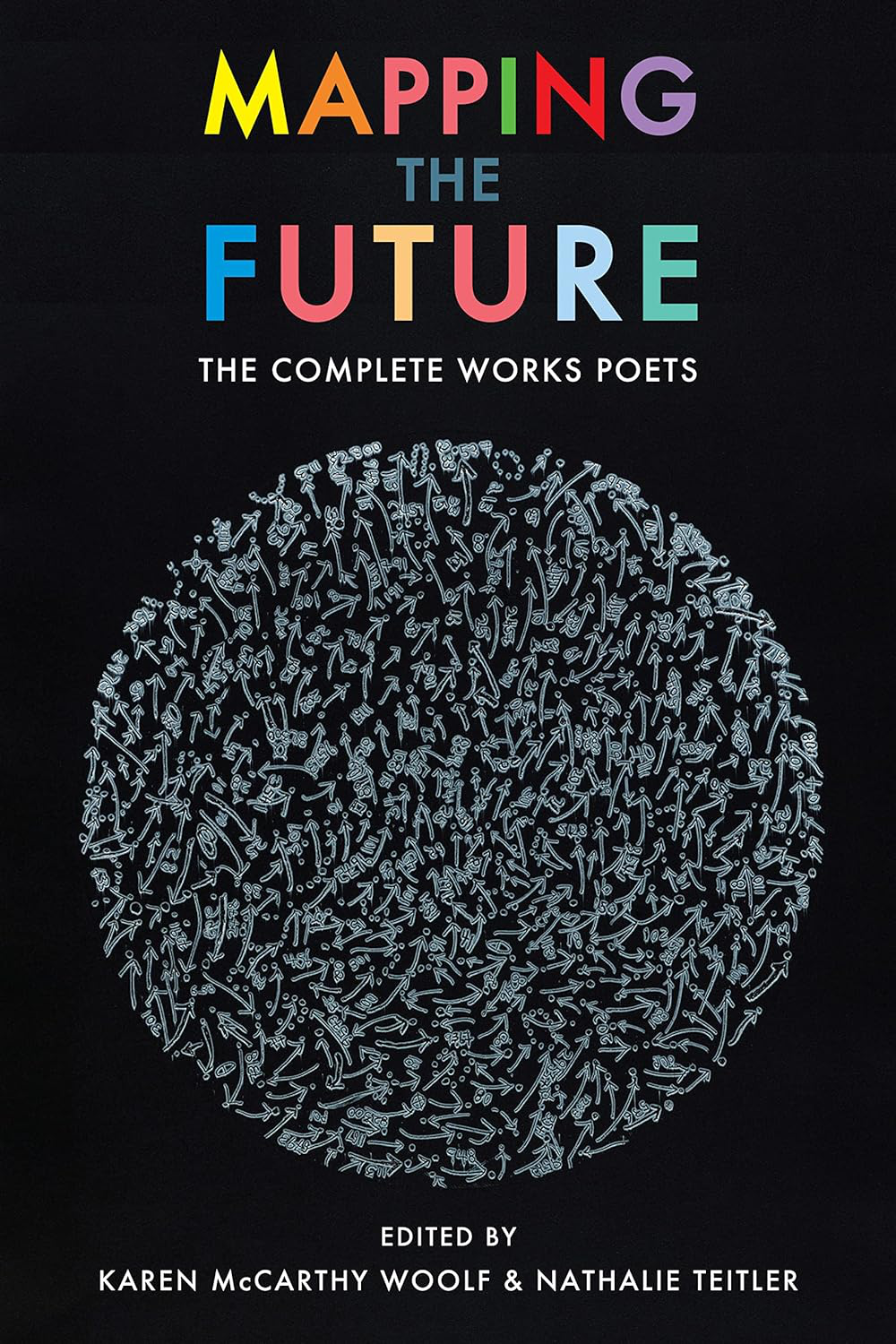
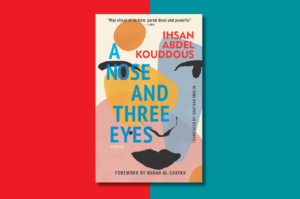
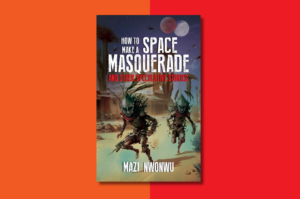
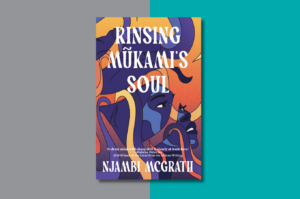
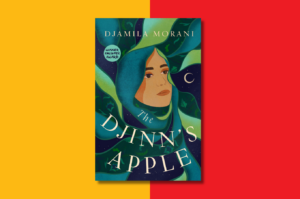
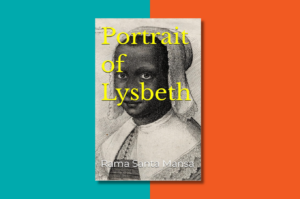


COMMENTS -
Reader Interactions